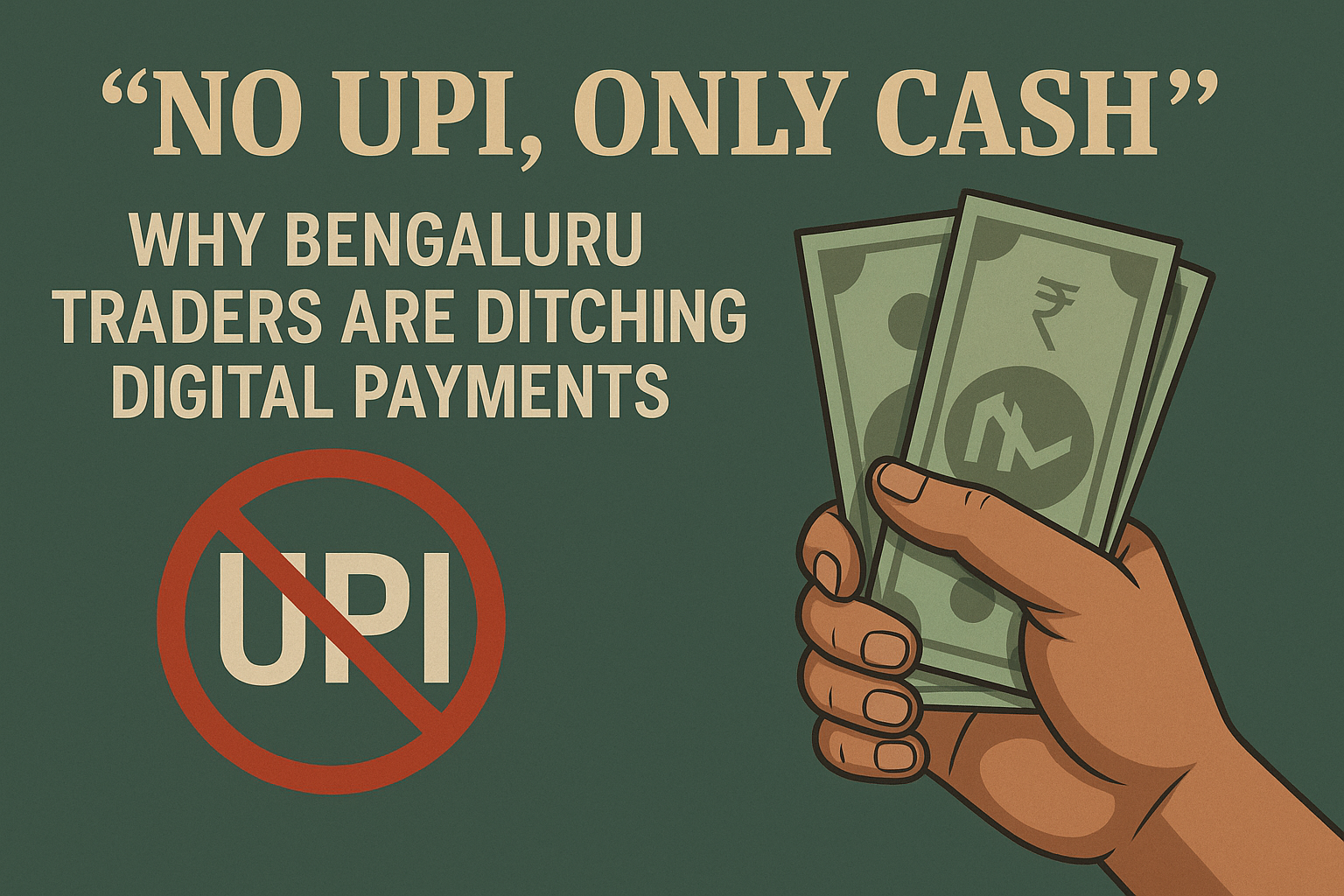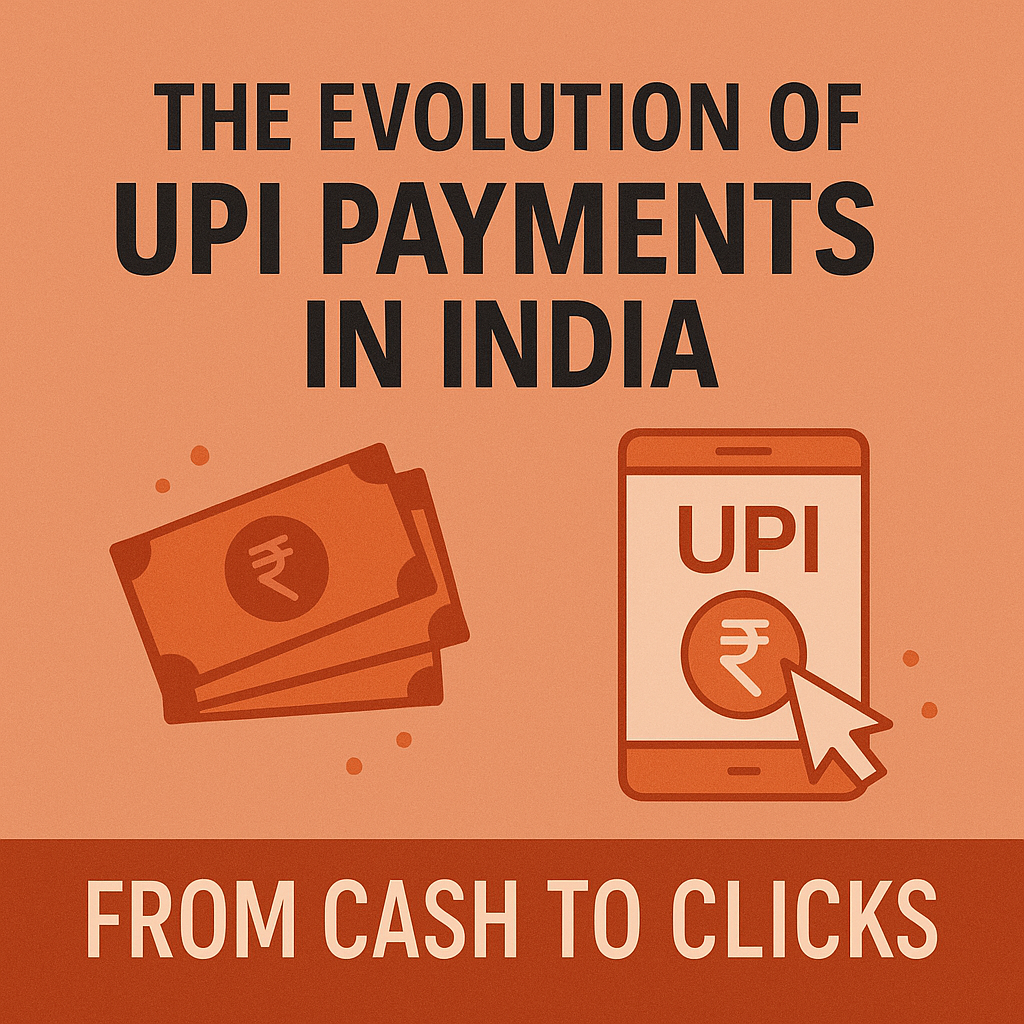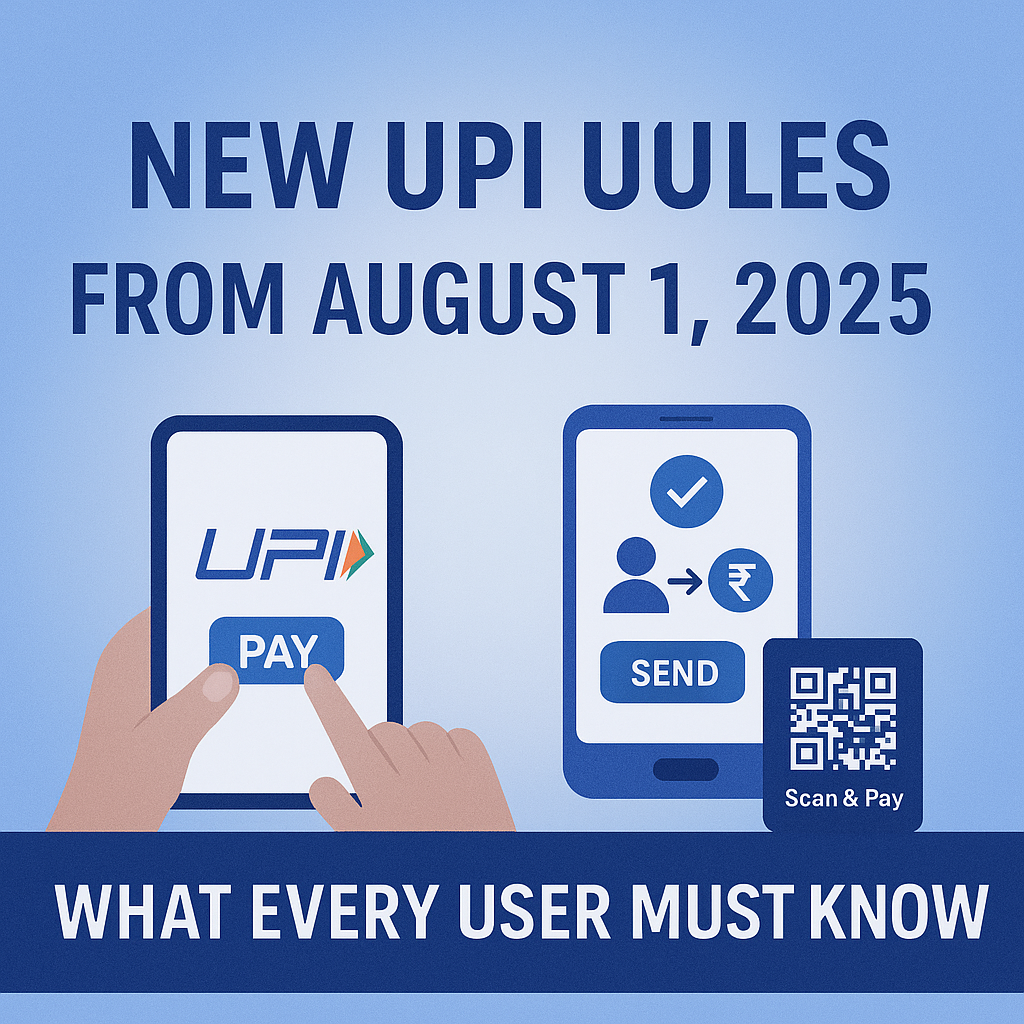The trend became widely visible from July 2025, especially in key business areas of Bengaluru, Karnataka.
What’s Happening?
Local businesses — including grocery stores, small eateries, provision shops, garment retailers, and salons — are:
- Taking down UPI QR codes (Paytm, PhonePe, GPay)
- Putting up signs like:
- "No UPI, Only Cash"
- "UPI Not Working"
- "Cash Payments Preferred"
Customers are surprised and inconvenienced, as digital payments are now widely preferred in India for small transactions.
Why Are Traders Refusing UPI?
1. GST Tax Notices Triggered by UPI
The Karnataka Commercial Taxes Department is using UPI data to identify traders not registered under GST, but receiving high digital payments. Nearly 14,000 traders who received ₹40 lakh+ via UPI were sent preliminary notices for suspected GST non-compliance.
2. Threshold Crossed Unknowingly
Traders with ₹40 lakh+ annual turnover (for goods) must register under GST. Even if the business is small physically, UPI payments expose their revenue, creating a digital paper trail.
3. Fear of Retrospective Tax Liability
Traders fear getting retrospective tax bills, backdated penalties, and possible legal proceedings. Notices mentioned possible GST dues of ₹30–50 lakh based on UPI records — causing panic.
4. Desire to Avoid Government Scrutiny
Some vendors feel they are being punished for being digital. Hence, they are reverting to cash to avoid surveillance and audit trails.
Real-World Examples
| Area | Observation |
|---|---|
| Chickpet (Clothing hub) | Many wholesale shops removed QR codes and said, “Only cash now.” |
| Jayanagar 4th Block Market | Vegetable and grocery stalls declined UPI, citing “issues” with tax department. |
| Malleshwaram, KR Market | Restaurants and bakeries added boards like “UPI not accepted anymore.” |
| Indiranagar Cafés | Smaller outlets now ask customers for exact cash. |
What Traders Are Saying
Local Bakery Owner:
“We accepted UPI for convenience. Now they want GST for 3 years. We are not cheating. But we can't afford lakhs in back taxes.”
Electronics Shop Owner:
“They say we earned 50 lakhs because of UPI. But that's not profit. We pay salaries, rent, and stock costs. Now they ask for GST on gross value.”
Vegetable Vendor:
“We used UPI for customer trust. Now it has become a trap. So I removed the QR code.”
What the Government Says
Karnataka Commercial Taxes Department
Commissioner Vipul Bansal clarified:
- These are not tax demand notices but awareness & verification notices.
- Traders will get a chance to explain or prove eligibility for exemption (e.g., composition scheme or exempt goods).
- Installments and hearings are allowed if dues are confirmed.
- No action will be taken without fair process.
Why They’re Doing This
- UPI data offers transparent, bank-linked income info.
- Aimed at widening GST base, not penalizing digital adoption.
- Karnataka alone has seen thousands of crores in unreported trade, per department estimates.
Impact on Consumers
| Aspect | Effect |
|---|---|
| Digital convenience | Suddenly reduced — customers had to rush to ATMs. |
| Trust factor | Some customers suspect black money practices. |
| Queue times | Cash transactions increase waiting time. |
| Record-keeping | Consumers lose transaction proof and cashback rewards. |
Expert Analysis
CA Association (Bangalore Chapter):
“Many small traders don’t understand turnover vs. profit. They fear taxes on gross receipts. But composition scheme can help them legally pay just 1%.”
Digital Economy Advocates:
“This trend is dangerous. Punishing UPI usage discourages financial transparency.”
Tax Consultants:
“UPI is not the problem. Lack of awareness about GST laws is. Education, not enforcement, is the solution.”
Bigger Questions Raised
- Should the government clarify GST norms for digital small traders?
- Is UPI-based compliance leading to overreach without due process?
- Can vendors trust that early UPI adoption won’t backfire?
- Will this drive a larger black economy revival?
Conclusion
Bengaluru’s shift to “Cash Only” is not just a payment mode choice — it's a reaction to rising tax fear. While digital systems increase transparency, without proper education and procedural fairness, small traders feel cornered.
Rebuilding trust in digital governance will be key — or else India risks reversing the digital momentum built since demonetization and the UPI boom.




